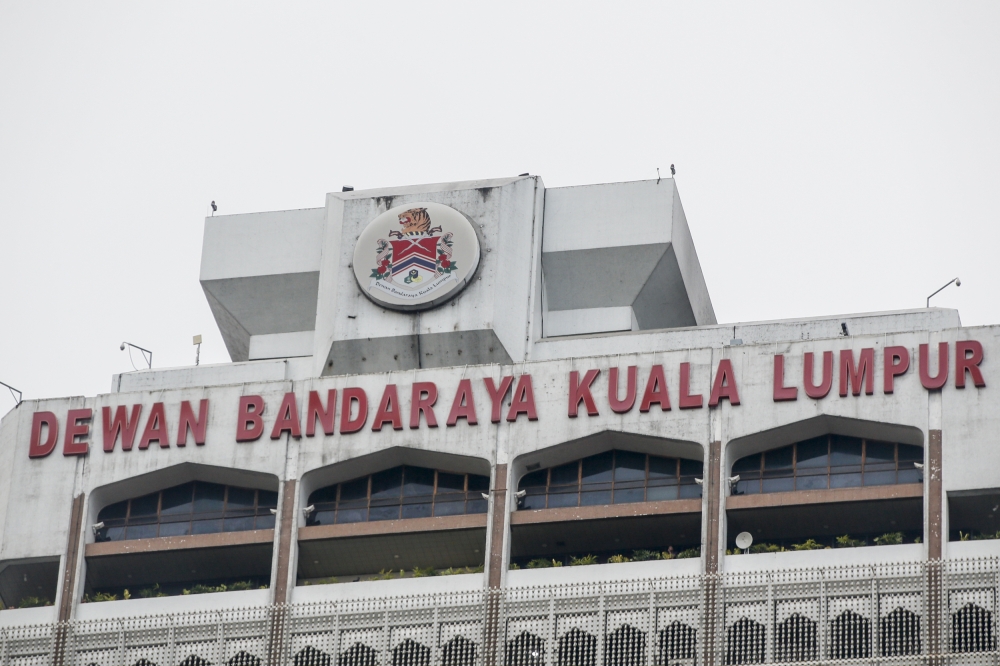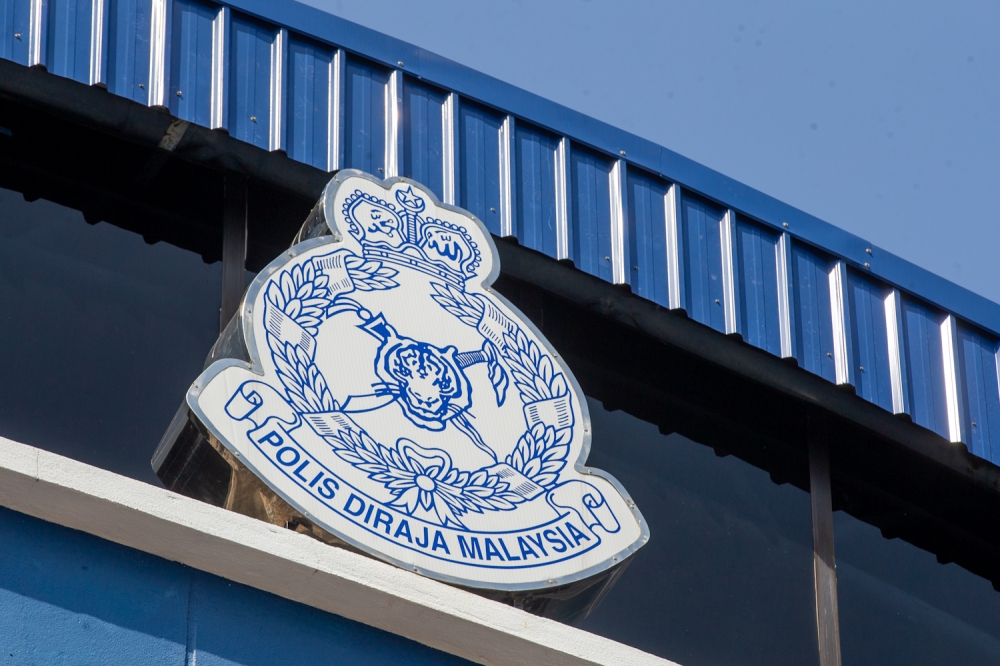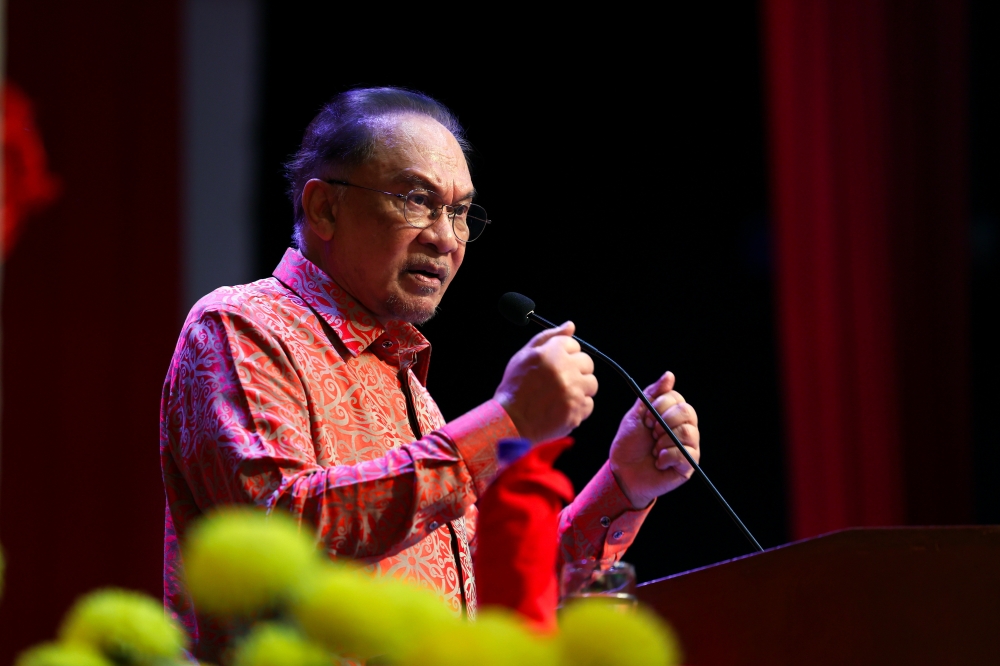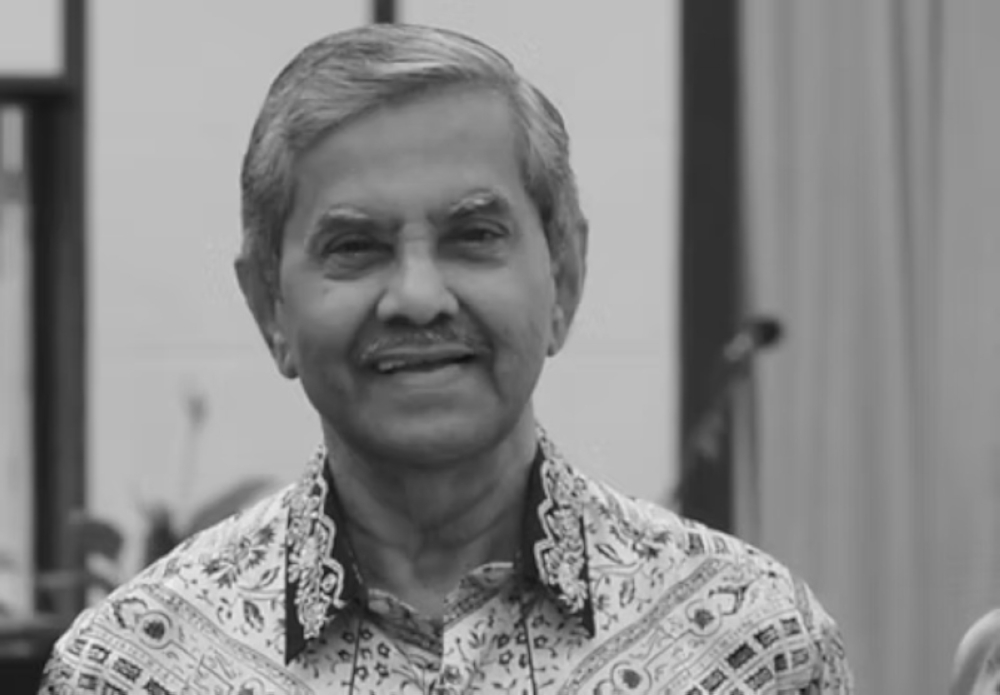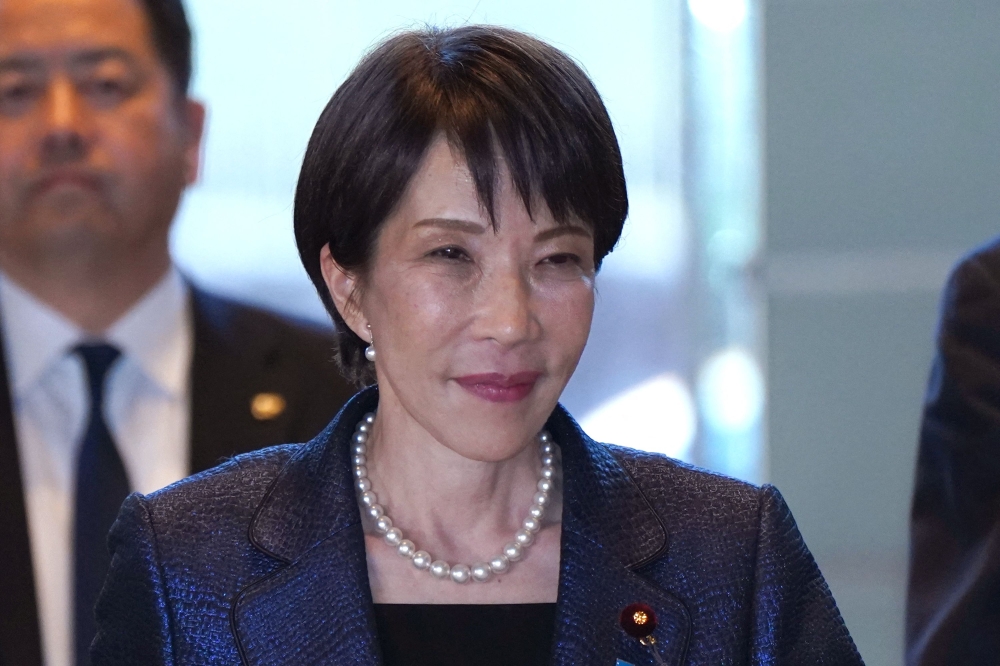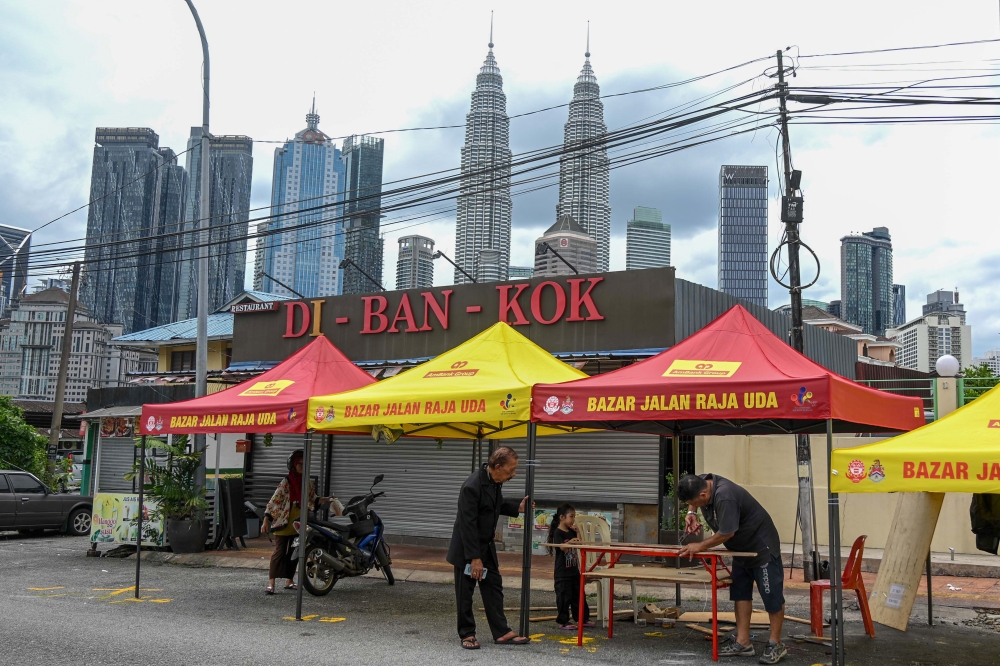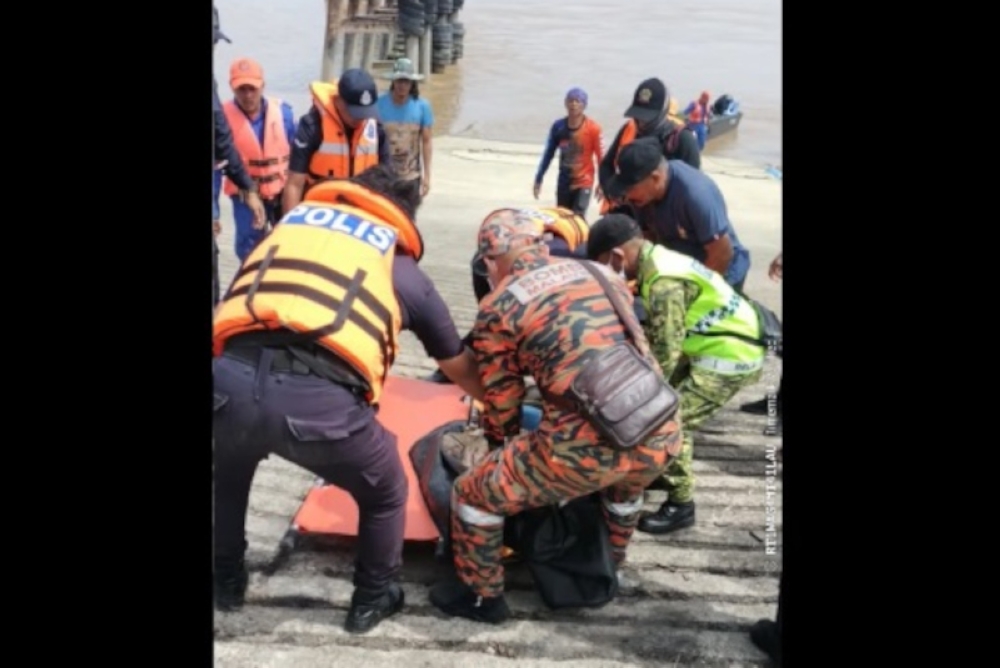KUALA LUMPUR, Feb 1 — Health director-general Datuk Dr Noor Hisham Abdullah today said that the ministry would take additional steps in containing the Wuhan virus outbreak, should the need arise.
In a statement today, he again iterated the importance of fact and science-based approach to tackle the outbreak, instead of resorting to unsubstantiated ways
“Any decision would need to be a government policy that is well-informed, justified and based on available information.
“We will continue to monitor the situation closely based on the continuous evaluation of the circumstances in the country and region.
“However, if the situation compels us to do so, we will look into introducing additional measures in the future,” he said.
Dr Noor Hisham added that the government has been on high alert, and has currently placed 54 thermal scanners at 35 international entry points into the country.
He said an additional 25 thermal scanners will be placed in high priority zones.
“We initiated our preparedness and response plans in containing the spread of 2019-nCoV,even before the first few cases were detected in the country. More importantly, we have taken the necessary steps way before WHO declared the 2019-nCoV outbreak as a PHEIC.
“Among the encouraging measures we have taken over and above the WHO recommendation is to perform throat swabs to detect the virus on asymptomatic individuals who have had close contacts with positive cases. This sampling is done through a laborious process called ‘contact tracing’. I would like to thank the hardworking health staff on the ground who have been tireless in seeking out these ‘close contact’ individuals,” he added.
PHEIC refers to the World Health Organisation’s (WHO) Public Health Emergency of International Concern (PHEIC) which was announced yesterday following the growing number of reported infections and deaths.
Dr Noor Hisham said Malaysia is also leading the Asean Emergency Operations Centre (EOC) network, where authorities are actively engaging with Asean member states on situation updates and data sharing which is aimed at promoting detection response and communication to prevent the spread of the virus.
“Current national risk communication actions to disseminate preventive and control measures, including combating false news and information circulated in the social media, have also benefited from the preparedness and capacity building programmes of the Asean Risk Assessment and Risk Communication Centre hosted by Malaysia,” he added.
Dr Noor Hisham also advised the public to mind their hygiene practices at all times and avoid unprotected contact with farm or wild animals.
“It is important to note that as the situation continues to evolve, so will the strategic goals and measures to prevent and reduce the spread of the infection,” he added.





